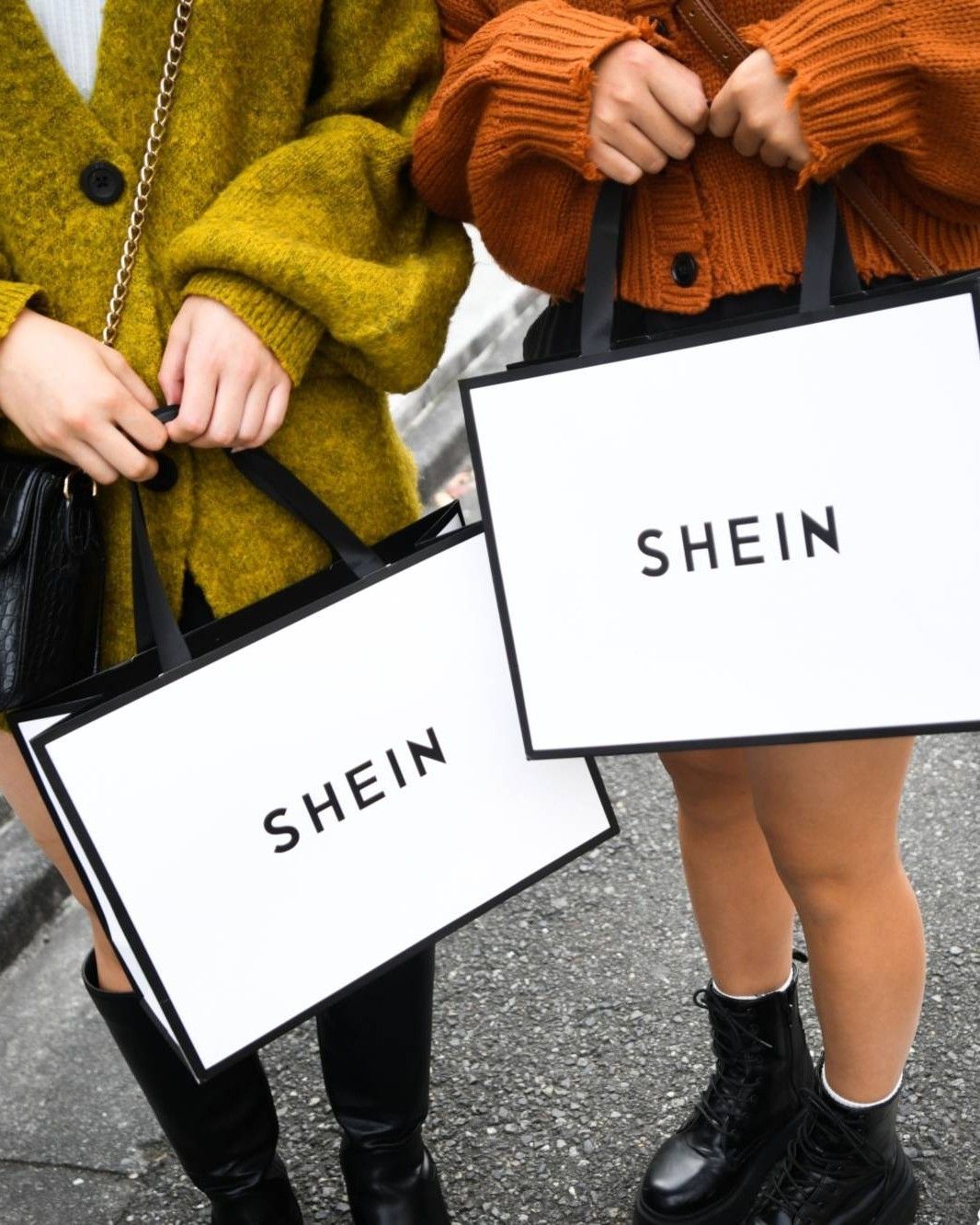
Shein wants to open its factories to fashion brands Which makes tracking the new hot topic in fashion
In a strategic move that could redefine the dynamics of the industry, Shein, the ultra-fast fashion giant, is considering opening its extensive supply chain to third-party brands. This initiative, which the brand's executive chairman Donald Tung has described as "supply chain as a service" as reported by WSJ, represents a significant departure from the traditional retail-centric business model. The implications of this decision are broad and indicate Shein's ambition to expand its revenue sources beyond simple fast fashion: apparently, the Chinese giant aims to make fast fashion a business model that can be exported and sold. By leveraging its formidable production capabilities and data-driven approach to demand forecasting, the workings of which are as mysterious as the brand itself and its founder, Shein aims to enable third-party brands to introduce new styles to the market rapidly, reducing the industry-standard development time from 18 months to a few weeks. Opening its network of factories to other fashion brands entails simplifying operations for the brands, lucrative licensing contracts with companies from around the world that may already produce in China but not at those rates, and above all offers an opportunity for Shein to strengthen its presence in key markets worldwide, adding a new weapon to the company's arsenal to defeat its rivals, starting with Temu.
@andagain.nz This is NOT a flex, boycott Shein
original sound - & Again
The timing of the introduction of these new Shein services coincides with its attempt to go public in the United States, a move that has met with considerable opposition from political and financial committees both in the States and in France, where many complaints have accumulated from the political world. Between accusations of forced labor, lawsuits for copyright infringement, and the disastrous effect of fast fashion on the environment have led many to raise questions about the brand's business practices and reputation – but even though it is said everywhere that more and more consumers care about the ethics of their products, the popularity of the app itself and the huge number of fans who buy every day show that consumers are quite happy to be able to buy piles of plastic clothes for a few euros. Even in Italy, in recent days, the Shein Magic Draw game has gone viral, bringing thousands of users to exchange discount codes in the hope of winning a mega-coupon. Nonetheless, Shein's "supply chain as a service" offering presents an opportunity for Western fashion to access the most efficient production capabilities and avoid future disruptions in the supply chain that an increasingly turbulent geopolitics promise to create.
there’s no such thing as ethical consumption under capitalism. But continuing to buy from shein knowing the conditions workers live in is the lowest of the low. Get morals
— kei (@keidyk33) March 25, 2024
Positioning itself as a partner for growth and innovation, Shein aims to consolidate its position as a key player in the global fashion ecosystem, although it is doubtful that higher-end luxury brands will ever rely on the brand or, if they do, they will make sure that the origin is not really recognizable – which customer could distinguish one Chinese factory from another, not knowing their location or specialization? Even if the products were traceable, we might never know that a certain "Made in China" garment was produced in the same facilities. In evaluating partnership opportunities with Shein, brands should (but whether they will, after all, the beauty is to save on an increasingly massified production) conduct thorough due diligence, examining the company's practices and supporting responsible practices to mitigate risks and maintain ethical standards in the search for collaborations. The feeling, however, is that Shein's service is so attractive precisely because it promises to circumvent or ignore these ethical standards. Certainly, this diversification strategy also underlines a search for growth that is beginning to go beyond simply acquiring new brands to move towards even more ambitious and even more scalable projects than polyester dresses.















































